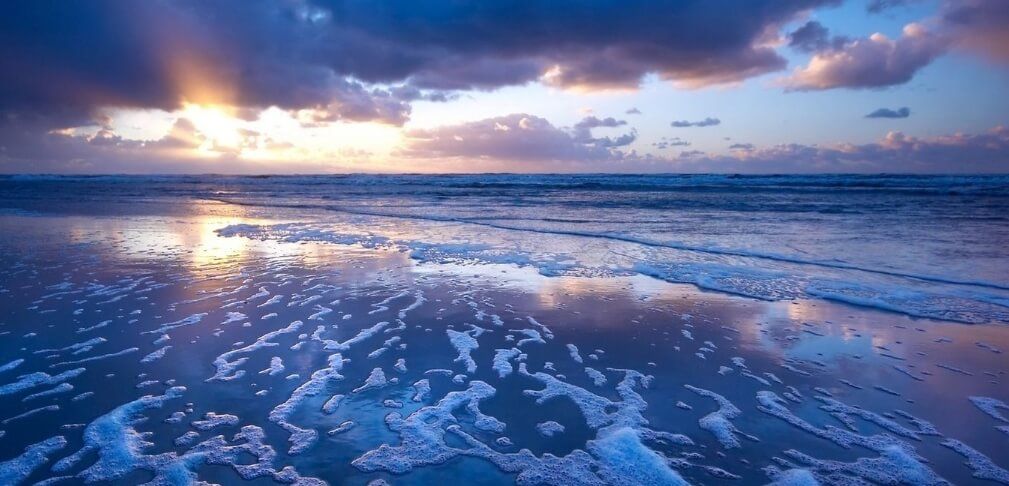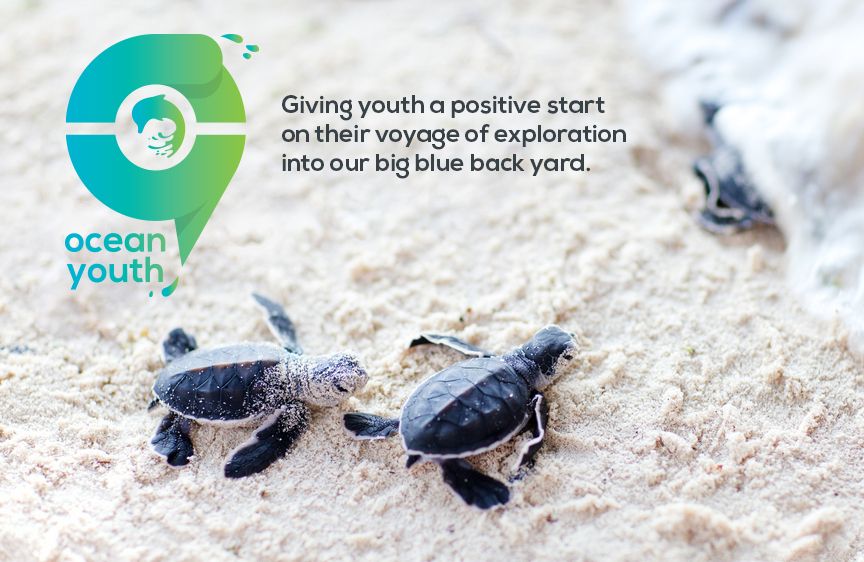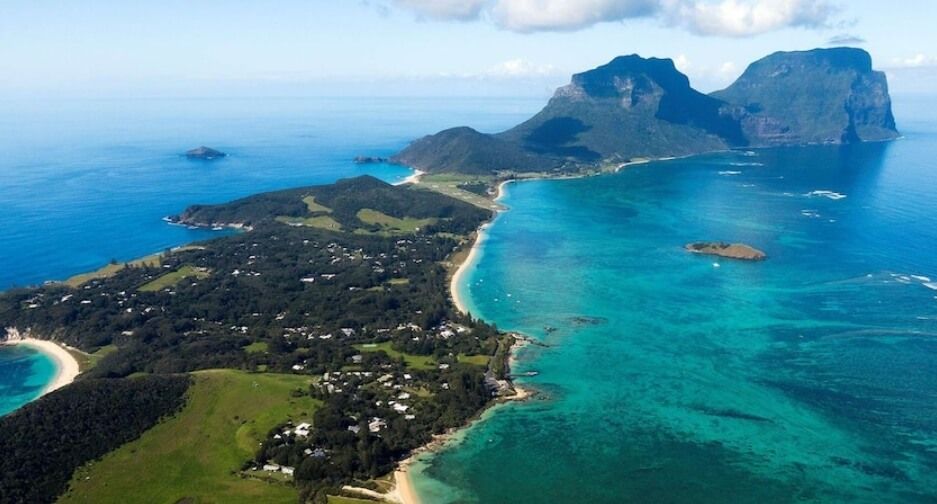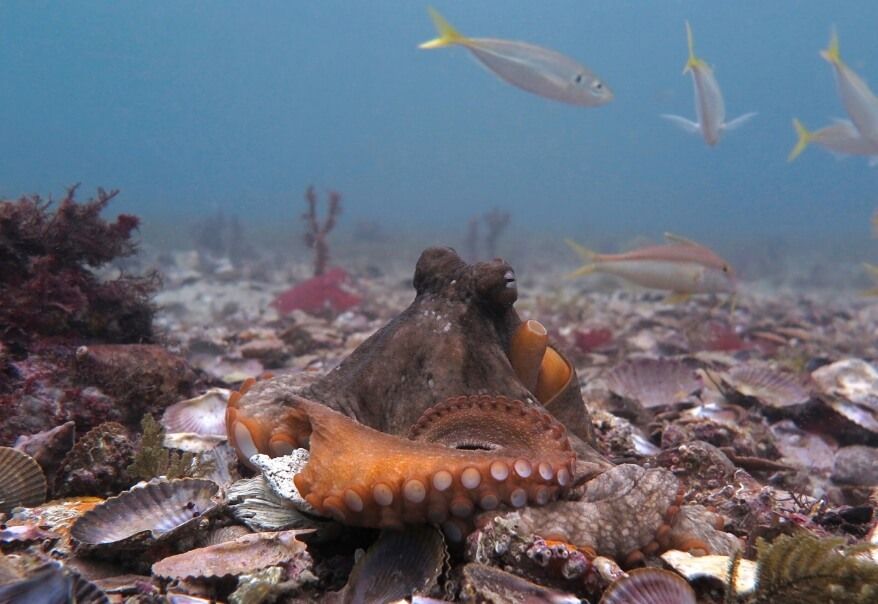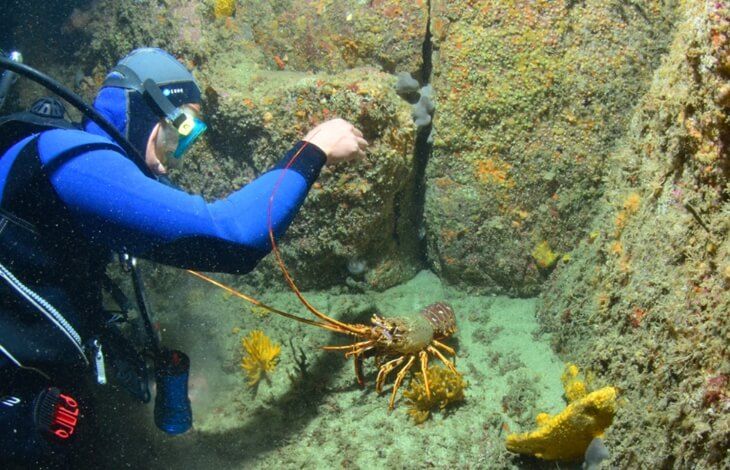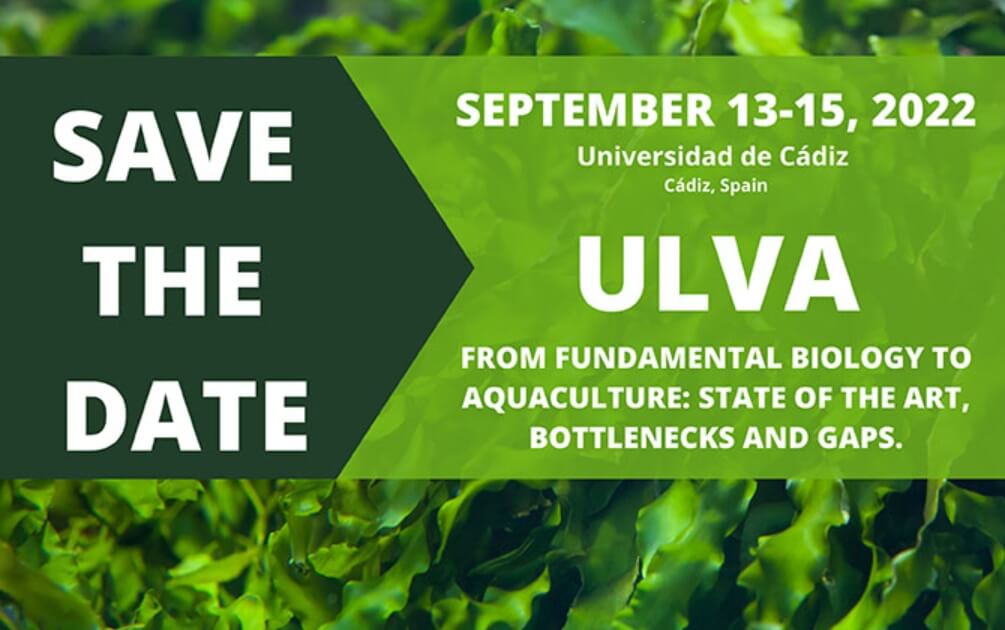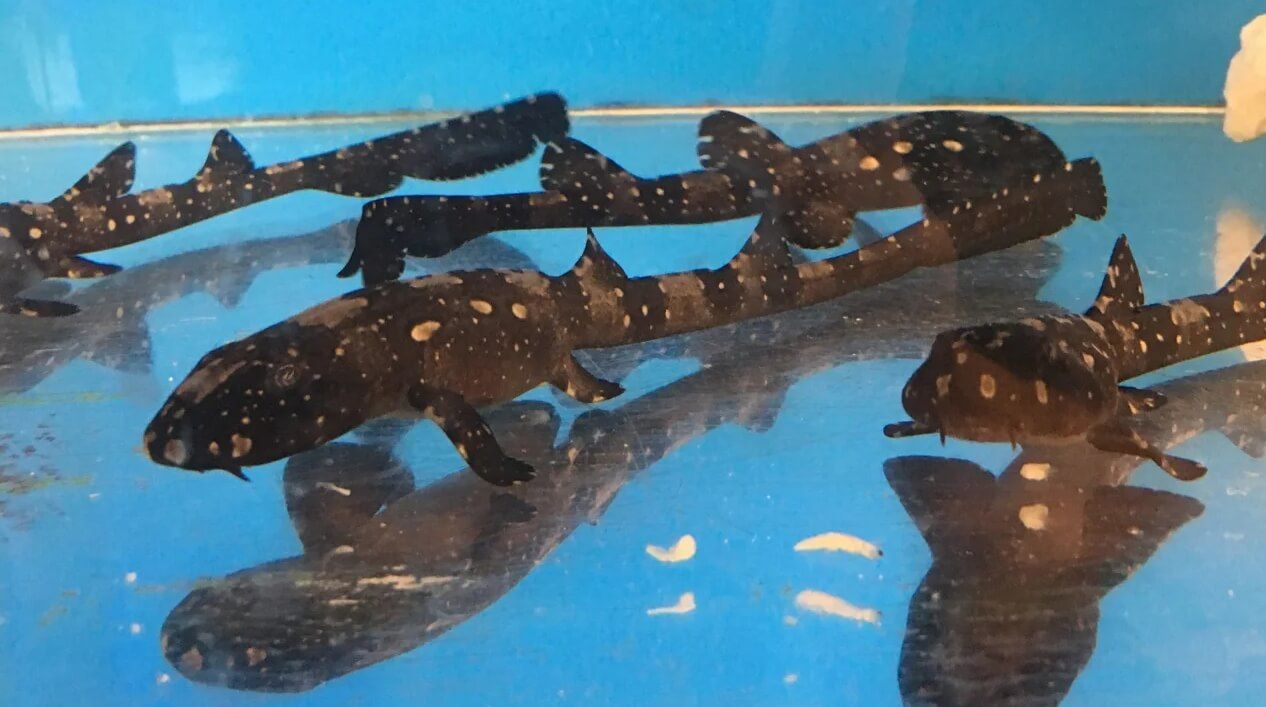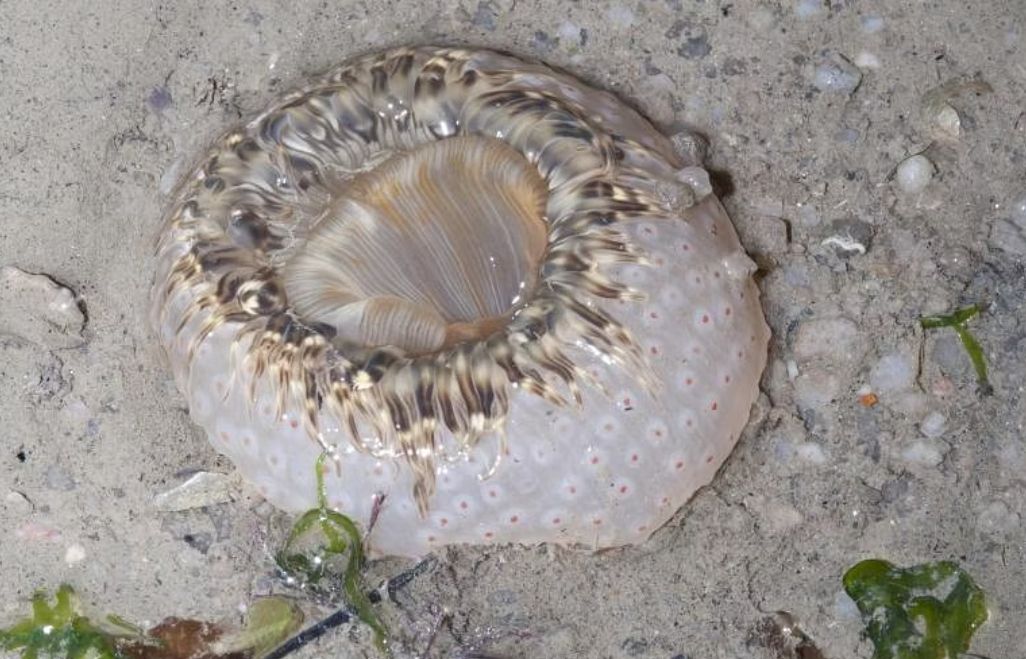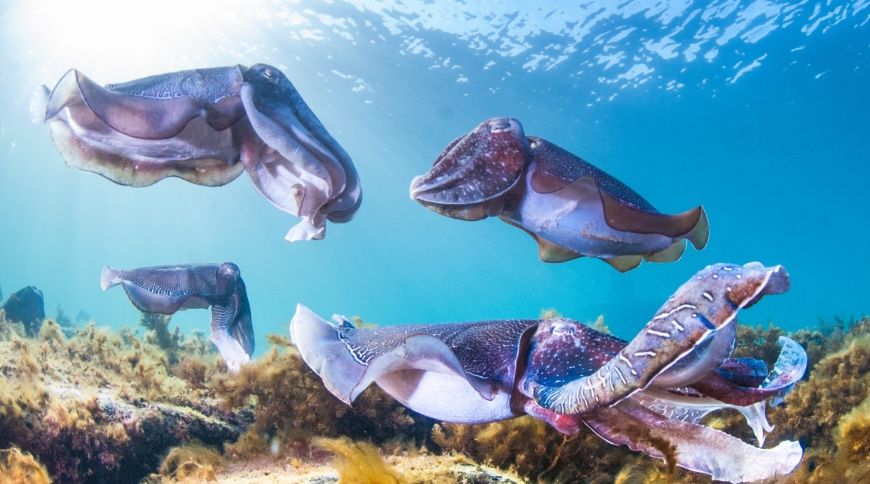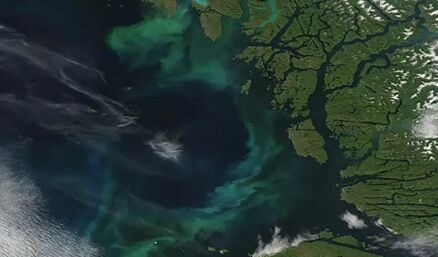China has taken a significant step towards preserving its marine ecosystems and safeguarding its natural resources with the launch of the “Blue Sea 2022” campaign. This special law enforcement initiative aims to strengthen marine ecology and regulate the development and use of natural resources in the country’s coastal regions. The campaign is a joint effort by the China Coast Guard (CCG), the Ministry of Industry and Information Technology, the Ministry of Ecology and Environmental Protection, and the National Forestry and Grassland Administration of China.
With the growing awareness of the importance of marine ecosystems for the overall health of our planet, countries around the world are taking measures to protect their coastal waters. China, as a major maritime nation, plays a crucial role in global marine conservation efforts. The “Blue Sea 2022” campaign is a testament to China’s commitment to sustainable development and environmental protection.
The campaign’s primary focus is on monitoring and regulating activities that can have a negative impact on marine ecology and natural resources. Specifically, it targets the exploitation and transportation of sea sand, the dumping of waste into the sea, illegal mining of sea sand, and oil spills. These activities can cause severe damage to marine ecosystems, disrupt the delicate balance of marine life, and harm coastal communities that rely on healthy oceans for their livelihoods.
One of the critical issues addressed by the campaign is the exploitation of sea sand. Sea sand, often used in construction and land reclamation projects, is a valuable natural resource. However, indiscriminate and unsustainable extraction of sea sand can lead to erosion of coastlines, loss of critical habitat for marine species, and disturbance of marine ecosystems. By closely monitoring sea sand exploitation, the campaign aims to ensure that it is conducted in a sustainable and responsible manner.
Dumping of waste into the sea is another pressing concern that the “Blue Sea 2022” campaign seeks to address. Marine litter, including plastic waste, poses a significant threat to marine life. It can entangle marine animals, obstruct their digestive systems when ingested, and introduce harmful chemicals into the marine environment. Through stringent law enforcement and public awareness initiatives, the campaign aims to reduce marine pollution and protect the health of marine ecosystems.
Illegal mining of sea sand is closely linked to the issue of sea sand exploitation. Unregulated and illegal mining activities can exacerbate the adverse effects on marine ecosystems and natural resources. By cracking down on illegal mining operations, the campaign aims to curb destructive practices and promote responsible resource management.
Furthermore, the “Blue Sea 2022” campaign focuses on preventing and addressing oil spills. Oil spills have devastating consequences for marine life and coastal environments. They can lead to long-term contamination of marine ecosystems, affecting marine species and coastal communities alike. By enhancing preparedness and response measures for oil spills, the campaign aims to mitigate their impact and protect marine biodiversity.
The launch of the “Blue Sea 2022” campaign marks a crucial step in China’s efforts to strengthen marine conservation and environmental protection. By bringing together multiple government agencies, the campaign demonstrates a comprehensive and coordinated approach to address the complex challenges facing marine ecosystems.
To achieve the campaign’s objectives successfully, close collaboration with local communities, industries, and international partners is essential. Sustainable development and marine conservation require collective efforts and shared responsibility. Through this campaign, China is sending a strong message of commitment to protecting its marine heritage and contributing to global marine conservation efforts.
The “Blue Sea 2022” campaign represents a significant milestone in China’s marine conservation endeavors. By focusing on strengthening marine ecology and regulating the sustainable use of natural resources, the campaign aims to protect and preserve the valuable marine ecosystems of China’s coastal regions. The issues addressed by the campaign, such as sea sand exploitation, waste dumping, illegal mining, and oil spills, are critical concerns that require urgent attention and action. By enforcing stringent regulations, promoting public awareness, and fostering collaboration, China can pave the way for a more sustainable and resilient marine environment for future generations. As the world recognizes the importance of healthy oceans for our planet’s well-being, initiatives like “Blue Sea 2022” set an example of responsible stewardship and environmental leadership.


